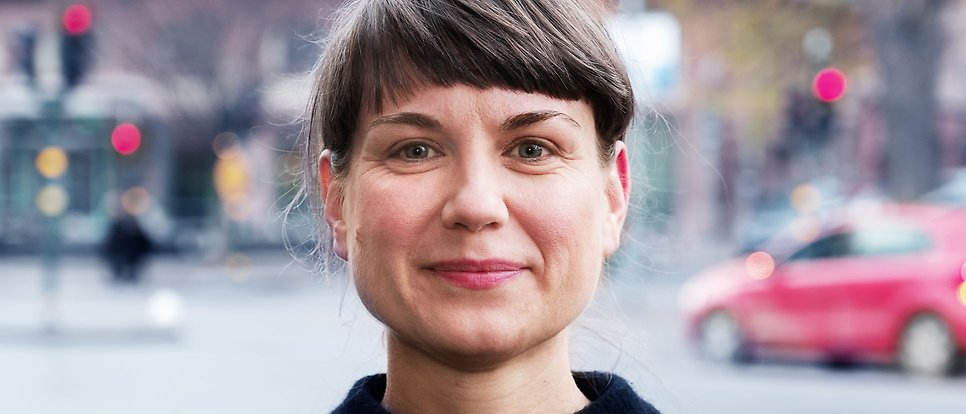Climate change particularly important to Swedes in EU elections

Moa Mårtensson, Docent in Political Science, believes that the EU’s climate agreements could be torn up if right-wing populist parties win significantly more seats after the European elections. Photo: Ewa Malmsten Nordell
Hello Moa Mårtensson, political scientist who researches and teaches about the EU. What do the forecasts say? What is the outlook for this summer’s European elections?
“A new forecast has just been published by British political scientists Kevin Cunningham and Simon Hix. They predict that right-wing populist parties will make very strong gains, winning around 25% of the votes in the European Parliament. This will make them a greater force to be reckoned with in EU politics.”
If the forecast is correct, how will that affect policy?
“In the past, right-wing populist parties have mainly focused on migration policy and reducing the EU’s power. But now climate change has emerged as a new high-profile issue, especially climate action and its costs for ‘ordinary people’. The EU has had a fairly ambitious climate policy by international standards, but if these parties now make progress, the EU’s climate agreements may be renegotiated after the elections.”
What are the main issues in the European elections?
“The latest Eurobarometer, which looked at public opinion in the different EU countries, shows there is quite a big difference between different parts of the union. Sweden is the only country in which the majority of voters think that climate change is the most important EU issue of all. In large parts of Eastern Europe, for example, people consider defence much more important.”
Only 55 percent of Swedes voted in the last EU elections. It seems as though many people believe their vote doesn’t matter. What are your thoughts about that?
“There’s a perception that there is a consensus in the EU and that everyone mostly agrees with each other all the time. However, together with two Uppsala colleagues, I’ve researched opposition in national EU policy and have been able to show that this image is not correct. There is a lot of debate and opposition. The parties have very different views, so it matters who you vote for, contrary to popular belief.
“It is also important for Swedes to realise that although our Riksdag makes laws, they are subordinate to EU law. To not vote means giving away your vote on important issues to someone else.”
Is there a difference in the way people vote in European elections compared to national elections?
“Yes, there is usually a pattern when it comes to these ‘second-order elections’ as they are known in research, which is that voters more often vote with the heart. In our Swedish elections, many voters vote based on which government coalition they will support. However, as the EU coalitions are not as clear to us, we tend to focus on the party that is closest to us ideologically. We are also more likely to vote for new parties, which means that both governing and major parties tend to decline.”
Sandra Gunnarsson
